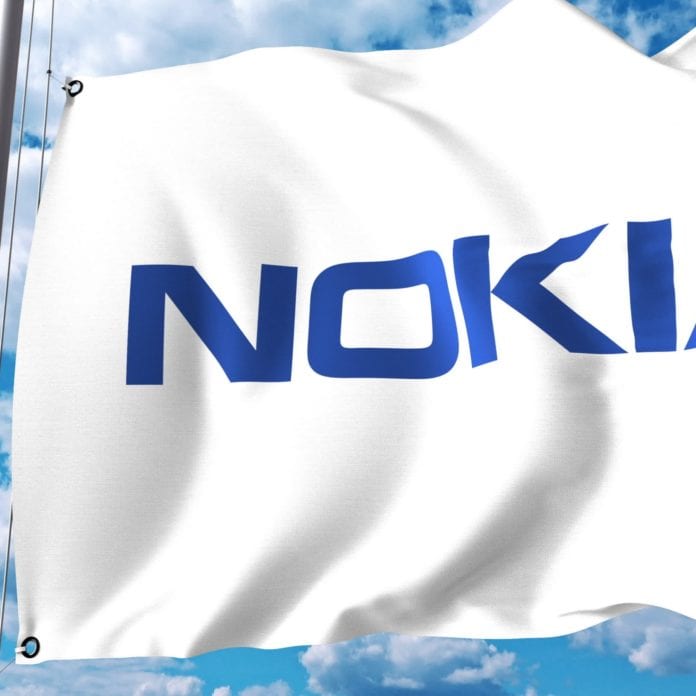Nokia collaborated with other vendors in Rakuten Mobile’s network build
Earlier this month the Open RAN Policy Coalition launched with a number of open RAN vendors, naturally, and operator members, including AT&T, DISH, NTT, Telefonica, Verizon and Vodafone. None of the big three RAN vendors–Ericsson, Huawei and Nokia, were among the membership at launch. That changed today as Nokia announced it will join the new policy group.
This is notable in that Nokia sells integrated RAN technology whereas the thesis of the open RAN movement is breaking that model to reshape network economics, foster innovation and drive competition in a relatively consolidated market.
So why? “Nokia believes that policymakers, operators and equipment providers should work together to support research and development of emerging network technologies that include open systems, advanced 5G technologies and foundational 6G research, with policies that support a robust ecosystem of trusted suppliers that will create a strong U.S. position in secure wireless technology,” Nokia’s VP of Government Relations Americas Brian Hendricks said in a statement. “We believe this coalition strongly supports this approach and we are pleased to join and help the industry move forward on this important effort.”
Rakuten Mobile is the current poster child for open RAN, having launched commercial LTE service in parts of Japan using a fully-virtualized, open network. Nokia provided RAN hardware connected to Altiostar software.
Parallel Wireless CEO Steve Papa commented on Nokia’s work with Rakuten Mobile and its other vendors, writing in an email, “We are fortunate in the cellular industry to have Nokia as an innovator showing what is possible with open interfaces. The recently launched Rakuten network provides conclusive proof that an open interface to Nokia’s radios is enabling American [Altiostar] innovation to flourish in Japan.”
Mavenir’s John Baker, SVP of business development, spoke with RCR Wireless News following the Open RAN Policy Coalition’s launch and described the group as not focused on “setting mandates to force people to do things. It’s purely a recommendation to ensure the industry takes the right precautions, if you like, in going forward in terms of building up the industry and widening the supply chain.”
Baker said interoperability is key to building up a more robust global supply chain. “That’s what the whole policy coalition is about. Let the vendor community decide whether they want to compete in the space or not.”
Earlier this month, Ericsson provided comment on the Open RAN Policy Coalition. Ericsson participates in the O-RAN Alliance, which is focused on the technical specifications related to disaggregation and interoperability. In a nutshell, Ericsson said governments “should maintain their market-based approaches through technology-agnostic policies. The focus of policy makers needs to be on speeding up 5G deployment through spectrum allocation and removing network deployment barriers.”
For Ericsson’s full statement, read this article.

